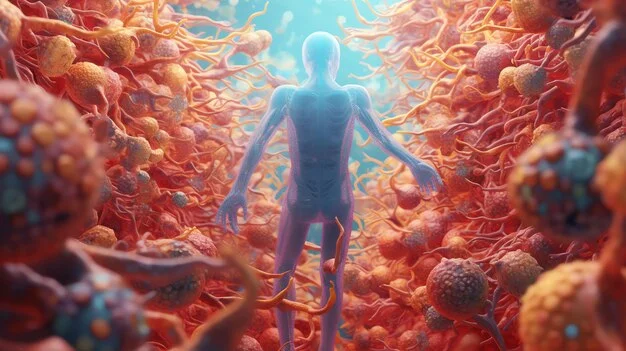
Aging – a natural process that affects different organs of the body at different rates, influencing overall health and the risk of disease.
This was reported by URA-Inform with reference to Comments.
< strong>Heartis one of the organs that ages faster than others. As we age, its efficiency in pumping blood decreases, increasing the risk of heart failure, heart attack, and other cardiovascular diseases.
Brainis also subject to accelerated aging. Over time, the number of neurons decreases and their ability to regenerate weakens, which negatively affects cognitive function. This can cause neurodegenerative diseases such as Alzheimer's and Parkinson's. Certain proteins in the blood can serve as indicators of brain aging, allowing one to predict the likelihood of these diseases.
The kidneys lose their ability to effectively filter the blood and remove toxins. This contributes to an increased risk of chronic kidney failure, hypertension, and diabetes.
The liver loses its ability to regenerate and detoxify over time. This can lead to the accumulation of harmful substances in the body and an increased risk of diseases such as cirrhosis and hepatitis.
The immune system also ages, which reduces its ability to protect the body from infections and cancer. Reduced activity of immune cells makes the body vulnerable to infectious diseases and malignant tumors.
Regular monitoring of health, a healthy lifestyle and a balanced diet can help slow down the aging of organs and reduce the risks associated with this process.
Recall that earlier it was reported on how to protect blood vessels from aging: doctors said what should be in the diet.

